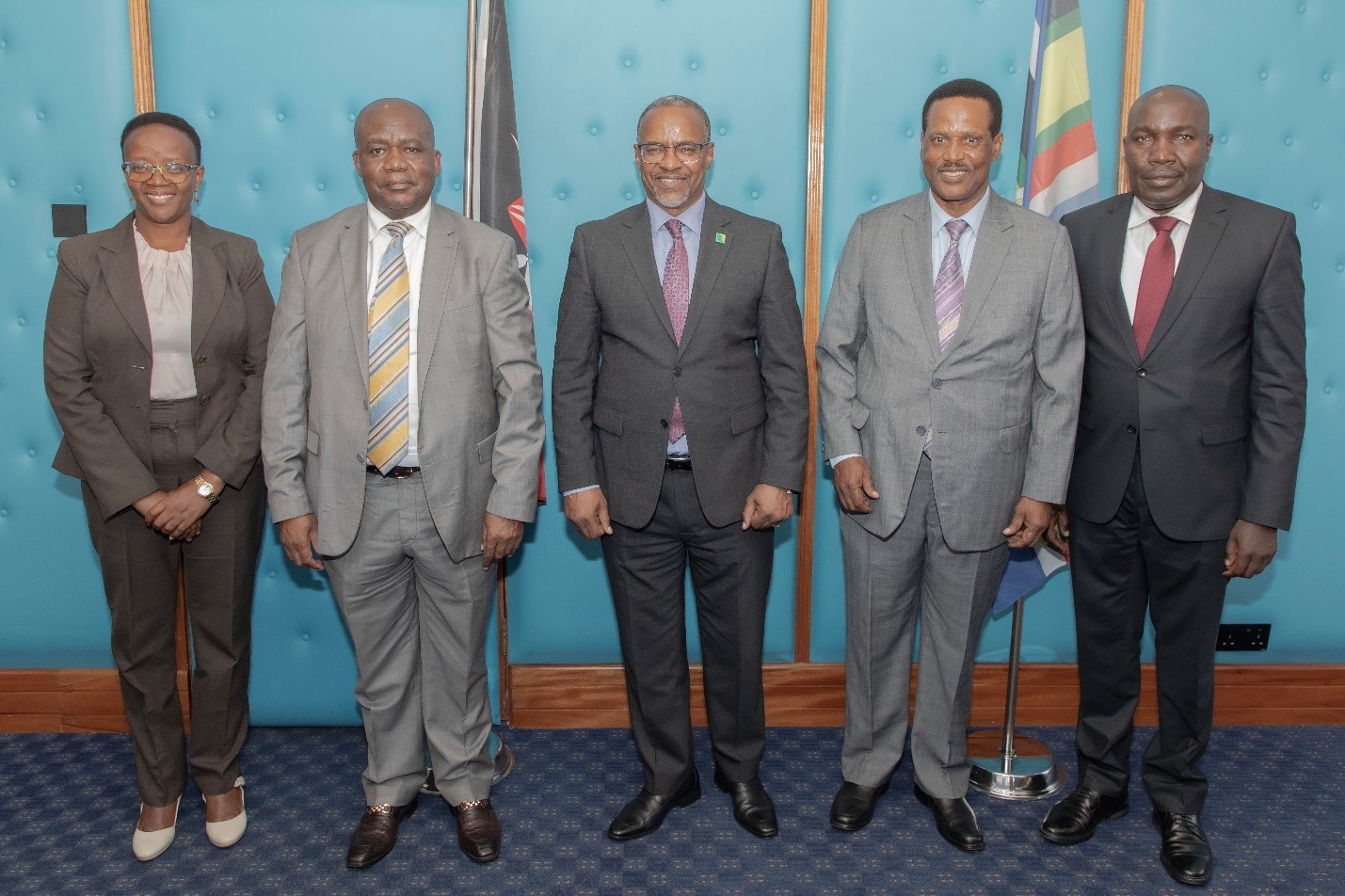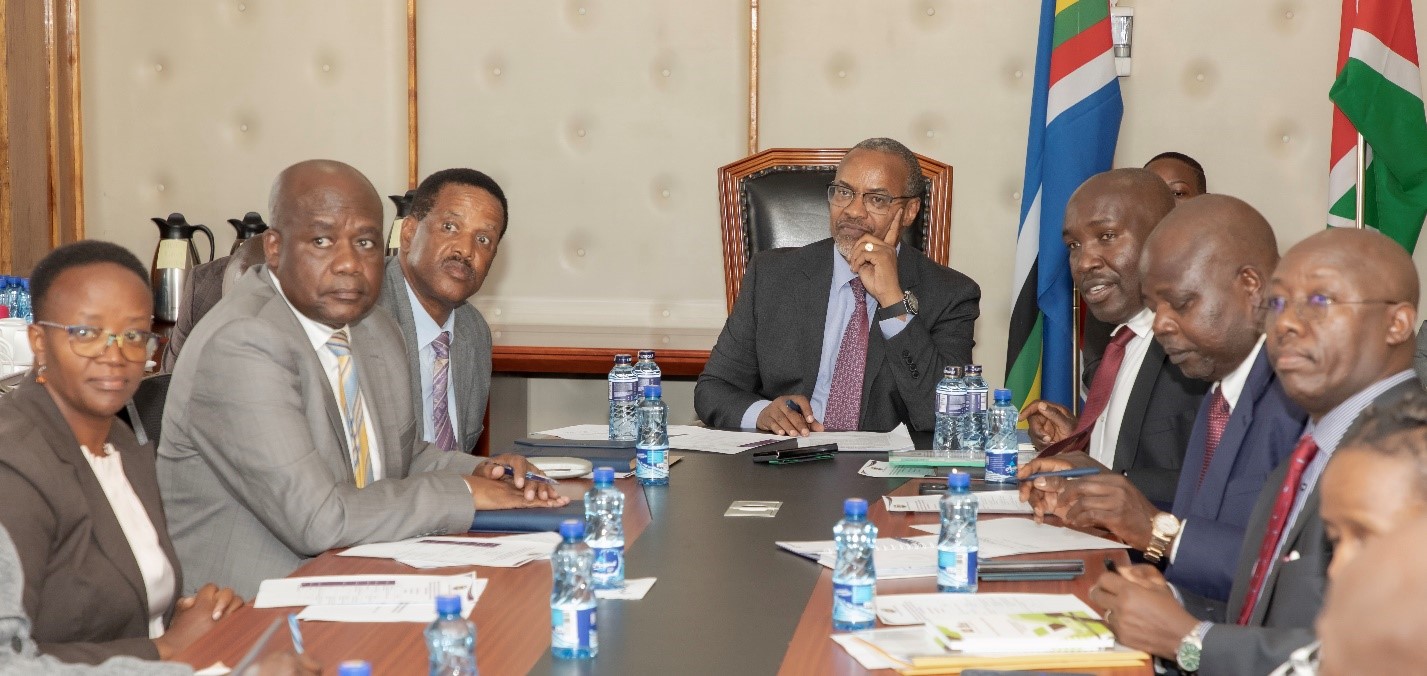Sealing the leakage in dams
24:01:2024: The Ethics and Anti-Corruption Commission has launched a compliance risks monitoring exercise in the implementation of dam projects in the Ministry of Water, Sanitation and Irrigation.

The objective of the risk assessment is to entrench accountability, transparency, and integrity in the management of dam projects in the country with the view to detect and expose loopholes and guide appropriate reforms.
The Commission, Commissioner Colonel (Rtd) Alfred Mshimba said while launching the programme on Tuesday, 23rd January 2024 in a ceremony attended by both the Cabinet Secretary, Hon. Zacharia Njeru and the Principal Secretary Julius Korir, salutes the Ministry for the acceptance to incorporate corruption prevention interventions into their operations.
“This is a significant show of commitment by the leadership of the water sector in combating and preventing graft. All of us need to work together to create a culture of integrity in the water sector and to ensure that everyone has access to clean and safe water,” said Commissioner Mshimba, who was accompanied by the Director of Preventive Services, Mr Vincent Okong’o and his Deputy, Ms Neema Nkorori.
Mr. Njeru reiterated that his Ministry was cognizant of the importance of a strong and effective monitoring system as an integral part of ensuring transparency and accountability, adding that it also enables the people of Kenya to get value for their money.
Corruption can have serious implications in projects, underscored the Director of Prevention Services while presenting the overall policy guidance. This, Mr Okong’o said, could lead to inflated costs, delays, poor quality infrastructure and low returns. There is therefore “a need to proactively identify and address factors that may facilitate corrupt practices in the various stages of a project life cycle,” he said.
The assessment will focus on the project implementation framework, conceptualization, tendering of projects and contract execution. Succeeding phases will focus on other subsequent activities carried out at the projects. The methodology will include interviews; document analyses; compliance tests; and inspection of sampled dams.
Reports on findings and recommendations, on the other hand, will be prepared after every phase and submitted to the Ministry and agencies for implementation. The first phase is expected to take approximately 31 days, after which a report will be prepared for a further 45 days and submitted to the Ministry for implementation.

The initiative is a corruption prevention measure that will involve continuous corruption risk monitoring of the life cycle of dam projects from conceptualization, budget allocation, implementation, management and utilization.

